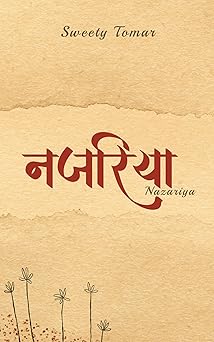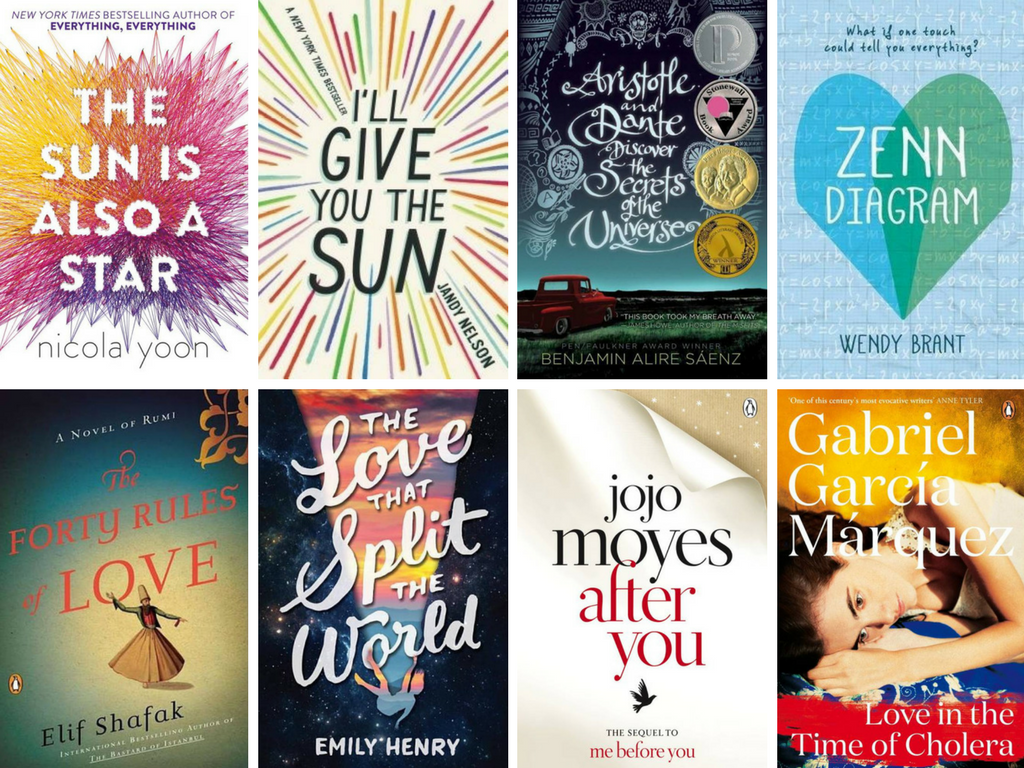
There are writers who imagine stories, and then there are writers who pour themselves into every word they write. Sweety Tomar belongs to the latter. A homemaker, mother of two, and now a published author, she proves that creativity knows no boundaries, not even the walls of a household.
Her debut poetry collection, Najariya, is not just a book, it’s a window into her soul. Each poem reflects a moment, a memory, or a feeling that shaped her worldview. Through her honest and heartfelt words, Sweety invites readers to see life from her “Najariya” — her perspective.
We sat down with Sweety to talk about her journey, her inspirations, and the emotions behind her poetry.
1. Why “Nazariya”? What inspired you to give your book this title?
Sweety: “Nazariya” means perspective, and that’s exactly what my book represents, my way of looking at the world. Every poem is written from a moment, an emotion, or an experience that shaped how I see life. I felt “Nazariya” beautifully summed up that essence and my thoughts, my feelings, and my reflections, all through my own lens.
“What a fitting title, it’s simple, yet deeply symbolic.”
2. Why did you choose to be transparent or a “khuli kitaab,” as you mention in the blurb, in your writings?
Sweety: Because for me, poetry is honesty. I started writing to express emotions I couldn’t always say out loud. Being transparent through my words felt natural; it’s my safe space where I can be unapologetically myself. I believe that when you write with honesty, your readers connect with you more deeply.
“True, that raw honesty is exactly what makes poetry timeless; it builds a bridge between writer and reader.”
3. What type of poetries/shayaris do you usually write and what have you included in your book?
Sweety: I usually write what I feel, be it love, heartbreak, motherhood, loneliness, or self-discovery. My poems often come from lived moments. “Nazariya” includes a mix of long poems and proses, some soft, some intense, but all deeply personal.
“The mix of emotions sounds like a reflection of life itself, all imperfect, heartfelt, and human.”
4. Did you have a reason to write the book in both Hindi and English?
Sweety: Yes. Hindi feels like home to me, it’s the language my heart speaks in. But sometimes, English lets me express emotions differently, more fluidly. Writing in both languages allowed me to balance emotion and expression, it made the book feel complete.
“A beautiful balance between heart and expression.”
5. What inspired you to publish your own book? How was your experience publishing this book?
Sweety: Honestly, my friends were my first push. During a gathering, I shared one of my poems, and they loved it. That moment gave me confidence I didn’t know I needed. Coming from a typical Indian household, being a homemaker and a mother, taking this step wasn’t easy, but I wanted to do it for myself, and for my daughters. I wanted them to see that dreams don’t expire. Publishing Najariya has been one of the most empowering experiences of my life.
“That’s so inspiring”
6. Philosophically speaking, does writing in turn help you in processing your own emotions?
Sweety: Absolutely. Writing is therapy for me. It helps me understand myself better, put emotions into words, and let go of what weighs me down. Each poem I write is like a conversation with my own heart.
“You are a poetic soul indeed”
7. Can you name some of the poets/shayars that you like reading?
Sweety: I admire poets who write with simplicity and truth. Gulzar Sahab and Jaun Elia have always inspired me deeply. I also enjoy reading modern voices who bring raw emotion and relatability to their work.
“Two timeless names!”
8. With this genre, did you fear the possibility that readers may not feel the emotions that you are trying to evoke?
Sweety: Yes, that thought did cross my mind. But then I reminded myself, emotions are universal. Even if someone doesn’t feel exactly what I felt while writing, they might relate in their own way. And that’s the beauty of poetry, it means different things to different people.
“Perfectly said — poetry truly lives in interpretation.”
9. How do you get into that mental or emotional space of writing? Is there a ritual you follow?
Sweety: I don’t really have a fixed ritual. My poems usually come unannounced, sometimes late at night, sometimes while doing chores. I just pause and start writing. I believe the best pieces come when you least plan them.
“That spontaneity often creates the most heartfelt pieces”
10. What will be next in your writing journey?
Sweety: I’m not sure yet and I like it that way. I want to keep writing whenever inspiration strikes. Maybe another book, maybe a collection focused on motherhood or self-growth. But whatever it is, I’ll keep writing because it keeps me alive and grounded. However, I am working on something, you will get to know about it soon.
“Wow, I am super excited. That’s a beautiful way to end, with openness to possibilities and faith in creativity. Thankyou Sweety for answering all our questions.”
Through Najariya, Sweety Tomar doesn’t just share poems she shares pieces of herself. Her journey from being a homemaker to a published author is proof that it’s never too late to turn emotions into art.
Her words remind us that poetry isn’t about perfect rhymes; it’s about perspective the Najariya with which we view our lives.
Follow Sweety’s journey to know more about her.
Instagram
Grab your copy of Najariya from the link below
Amazon



























